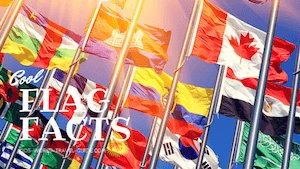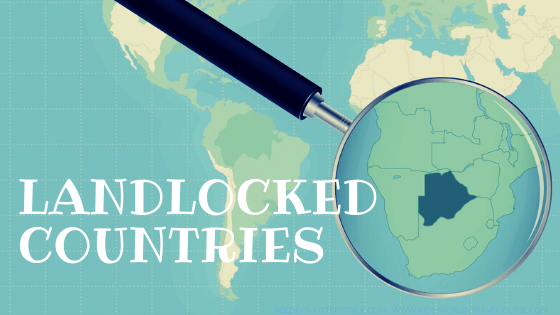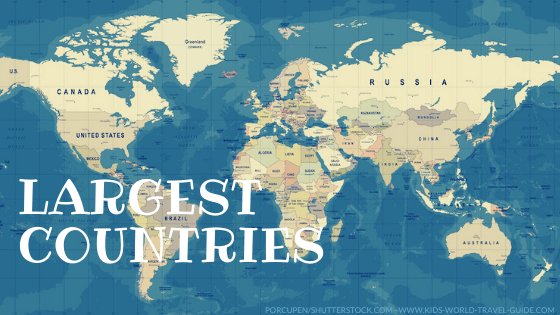- Homepage
- Travel Health
Travel Health for Kids
Our Travel Health Tips for Kids will help you to know how to travel the world safely without getting seriously sick.
Even in exotic destinations, you can stay healthy, safe and fit, when you prepare your travels well, keep your eyes open when exploring other countries and stick to some simple health and safety rules.
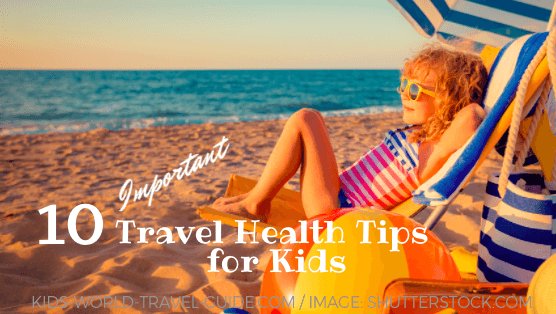
Read here our travel tips, which do not apply to children only, and enjoy your holidays abroad!
Stay Healthy and Safe:
Important Travel Health Tips
- Be food savvy: Remember when not sure about the origins of your food, keep to the savvy traveller's motto: Wash it - Peel it - Cook it! Don't eat raw food or street food if you are not sure about the hygienic preparation of the meal. Only if you see the food is well done due to high heat, the food might be acceptable and without bacteria. Order your meat dishes 'well done'!
- Know what to drink: For cold drinks, always order an unopened drink in a can and drink with a straw. Do not have cool drinks poured over ice cubes, if you are not sure about the hygiene at the food outlet.
- Keep away from wild and stray animals: Do not touch stray animals, be they ever so cute! If you do not know who the cat or dog belongs to, or as much as the wild animal looks to enjoy to be fed by you, you better keep away from animals as bites and scratches will mean you need to see a doctor immediately and get at a tetanus shot to stop bacteria from entering through the wound in your body. Be especially careful with dogs, monkeys, bats, birds and avoid spiders, snakes or sea creatures such as jellyfish or sea urchins.
- Wear appropriate shoes or foot wear. Take along swim shoes and do not step into shallow rock pools or onto rocks, plants or algae in the water, as sea urchins, stone fish or snakes might be hiding there. When hiking in the mountains, take proper hiking boots or sturdy shoes for shorter walks.
- Beware of the sun's harmful UV rays: Wear sunscreen and possibly a hat, a top or trunks to protect your body from the sun. Avoid playing outdoors during the midday heat as the suns UV rays will be strongest then. Better remain in the shade between 11am and 3pm. Reapply your sun cream regularly, especially after swimming and exercising.
- Know the waters: Be careful when playing or swimming in the sea or in a lake or river. Best to swim only in calm rivers, lagoons or protected ocean beaches and where life guards are present. Be aware of currents and tide times. Always ask the locals if a beach is safe or if there are any currents, should be no life guard on duty. Never jump or dive into unknown waters as there might be items on the ground and/or the water might be not deep enough!
- Check for ticks: Wear long pants, long-sleeved shirts or t-shirts and wide rimmed hats when hiking or exploring to keep the nasty tiny ticks at bay which may lurk in high grasses, bushland and dense forests. Check your body for ticks even on parts of the body that were covered by clothes during the outdoor activities, as ticks can travel on your body under the clothes as well.
- Avoid mosquito bites: Wear light-coloured long pants, long sleeved-shirts and protect exposed skin with mosquito repellent spray or creams and avoid being outside after dark. In malaria-affected areas, you have to take anti-malaria tablets for the exact prescribed period and protect your bed with a mosquito net.
- Keep clean: Wash your hands often with soap and water or use a special alcohol-based hand sanitiser gel (this needs to have at least 60% of alcohol content!) and if you have open wounds, clean them and apply antiseptic cream or ointment and cover with a plaster.
- Take a travel health kit with you to always have some pain relief or medication for more common ailments such plasters for blisters, lozenges for a sore throat or pills for stomach cramps handy. Read here what you should pack into your health kit.
Travel Health - Be prepared: Travel Vaccinations
- Keep your vaccinations up to date. Everybody should have a vaccination booklet where the doctor updates the date and kind of vaccination shot that has been given. The standard vaccinations most children are routinely given are for protecting the body against illnesses and diseases such as tuberculosis, tetanus, diphtheria, pertussis, chickenpox, measles, mumps, rubella and polio. Make sure to carry your vaccination booklet with you, especially when travelling to more exotic places or going on a longer stay or school exchange programme abroad or when travelling without your family.
- There might also be the need to get the following vaccinations, depending on the country you will be visiting:
- Yellowfever: required for many countries in Africa as well as in Central and South America
- Hepatitis A and B: recommended all over the world, as the disease is spread either through contaminated food and drink as well as through bodily fluids and blood. This vaccination is especially necessary when travelling to lesser developed countries or where hygiene is poor.
- Rabies: recommended only when travelling to lesser developed countries or working with animals
- Typhoid: recommended especially in lesser developed countries or regions, as the disease is spread through contaminated food and water
Stay healthy:
Anti-Malaria - Travel Medication
Arrange an appointment with your local doctor or travel health practitioner to find out about necessary vaccinations or medication to take with for your travel destination. For more exotic places, talk to a health care specialist who will be more experienced regarding special precautions in more remote parts of the world.
There are many countries - or only specific regions in some countries, such as South Africa - where malaria, a dangerous disease transmitted by mosquito bites, is a common occurrence and poses a high risk to the traveller's health. This means you should take anti-malaria prophylaxis (medication in form of tablets) to protect against the worst form of the disease which develops at first flu-like symptoms, but will lead to very high fevers and can lead to death when not treated correctly or prevented through the prophylaxis.
Click here to read the malaria info material by the CDC (Center of Disease Control by the US Government). Here you will find various maps for countries where it is necessary to take anti-malaria pills and other very useful tips and information. Remember that one has to take the anti-malaria pills for some time before the travels, as well as during and after the trips to high risk areas or countries.
Pack the right stuff:
Travel Health Kit
There are some items you should carry with you when travelling abroad. Among those is an emergency health kit, which will come in very handy especially if you are visiting rural or remote resorts.
Always make sure to take the medication in original containers and packaging! If you only want to take a small amount of medication, take only one blister pack from a bigger box, but never take the pills out of the blister pack and fill them into smaller containers. Have the medicine's descriptions/original packaging with the medication in your travel health kit as well.
Do not forget your regular medication and specific or most effective pills such lozenges, anti-histamines or asthma medication and should you wear contact lenses, pack your cleaning solution into the check-in luggage (not into the carry-on if the bottle is larger than 100ml), as the brand you use, might not be available abroad. And remember to take your usual care kit with tooth paste, soap, creams, hair shampoo as well as sun cream and after-sun lotion, especially if you have sensitive skin and do not want to risk not finding your favourite items in foreign shops.
Consider taking some first-aid items in your travel health kit when travelling to remote regions as described on our special page:
Read more about the essential travel health kit here.
Return from Travel Health for Kids to Homepage
Competition 2023 closed

Watch this space
Competition 2024 will be announced in February
More Travel Tips
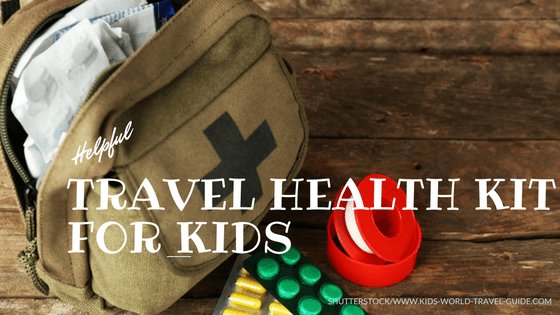 Travel Health Kit
Travel Health Kit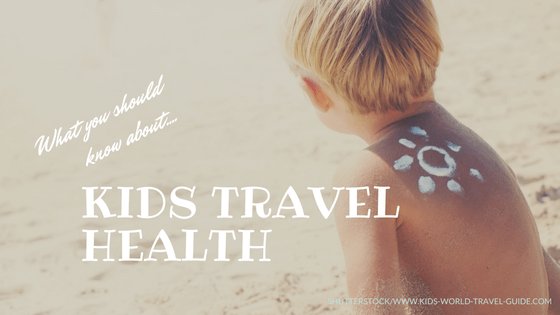 More Kids Travel Health Tips
More Kids Travel Health TipsLike our page
Follow us
Tweets by @kidsworldguidesCompetition Winners 2023


